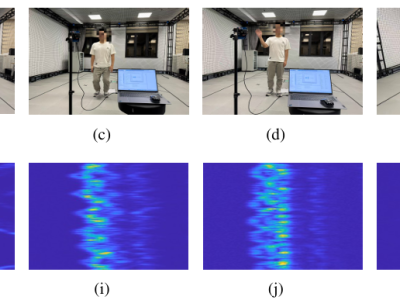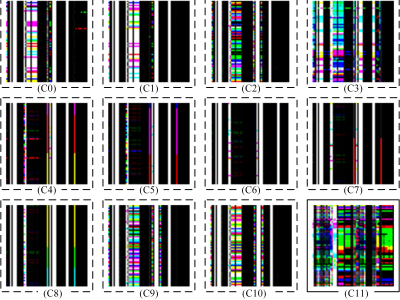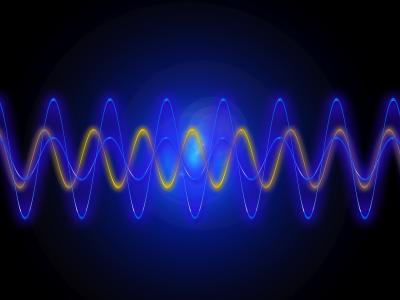
Owing to increased biosecurity and industrial demands, the poultry houses in Taiwan are generally nonopen and closed types, with automatic environmental control and sensor equipment gradually being installed in such houses. Environmental sensors and poultry health monitoring systems are necessary to improve poultry feeding efficiency and safety. In this work, we developed a goose surface temperature monitoring system based on deep learning using visible image and integrated with infrared thermal image.
- Categories:






